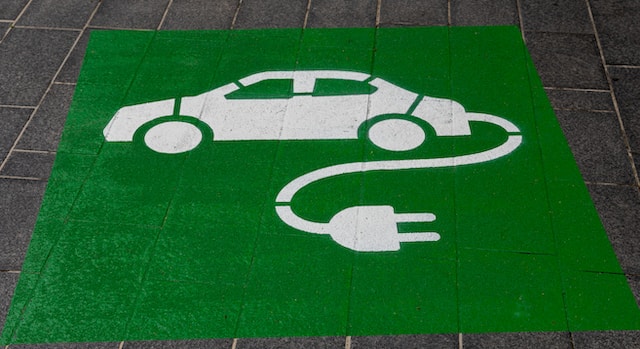Vermont goes out of its way to steal from its citizens. They are one of the most taxed populations in the US. So an op-ed by EV advocates concerned that vehicle and charging taxes might impact economically vulnerable populations seemed worth my time.
I was not disappointed.
Deep inside Vermont’s transportation law lurks “a section that could impose a double tax on electric vehicle drivers in an attempt to replace gasoline tax revenue.” The authors explain that the state’s adding a mileage tax on top of a proposed “kilowatt-hour-based tax at public charging stations” is out of step with Vermont’s commitments to clean transportation.
The drivers who will feel the sting of a kWh tax the most aren’t out-of-state drivers. They’re Vermonters who live in multifamily buildings — often those in low-income communities. These drivers are more likely to rely on public charging, and with a kWh tax in place, they’ll pay the price for it.
The authors, one being the “deputy director of Vermont’s clean energy trade association” and a “senior manager of public policy for the world’s leading electric vehicle charging network,” oppose what they call double taxation. I’m no fan of their respective agendas, but I’m no fan of taxes, so I’m with them there. And while they make what may appear as persuasive arguments, their big picture ignores THE BIG PICTURE.
First, this is Vermont. Democrats run it with a popular RINO Republican Governor with no power (is that why he’s popular?). The Left has a veto-proof legislative majority. They can override anything at will, and – lest we forget – Democrats love taxes because they love spending, which leads to more and higher taxes. They also love the lie of green energy, and they hate fossil fuels, and in case I didn’t mention it, they love taxes. Any excuse to levy, raise, apportion, extract, or rob the people is always an option.
It has to be. They’ve already spent it in their minds, so the rest is timing and logistics. And Vermont already has a lot of energy taxes.
Vermont taxes solar (Uniform Capacity Tax) and wind farms (Electric Generating Facility Tax), costs that find their way down to consumers in the cost per kilowatt hour, which is 32% higher than the national average. That is, itself, a significant burden on the economically vulnerable. Electrifying everything will make that go up. Powering that spike with wind and solar will make it go up more. And no one seems to care about the impact.
Vermont taxes kerosene, propane, fuel oil, natural gas, coal, energy production, storage, gasoline, and diesel. It also taxes the revenues from companies that profit from the sale of those things, energy inflation that raises the cost of goods and services even taxes as providers and state and local government offset the increased cost of “doing business.” As a matter of policy, the economically vulnerable are paying more upfront in every commercial transaction and higher taxes (to cover governments’ increased energy costs), all to pretend that Vermont is the greenest state when mostly what it is doing is offshoring emissions to nations full of brown people.
Vermonters are also paying for carbon credits (RGGI), another tax built into their energy plan, and no “you know what’s” were given by so-called “green energy” advocates. So, let’s say I have doubts about any concern over double taxation on charging EVs in a state like Vermont. But we’ll ignore all that because I have yet another angle to consider.
Gasoline and Diesel taxes are levied to address wear and tear or other needs related to transportation infrastructure. I suspect it can also be argued that the taxes on electricity are collected to cover the state’s costs to oversee energy-related infrastructure, which – as we all know – is not even remotely ready to handle the goals of the promised electric future. Upgrades will not come cheap. There will be added expenses added on the backs of citizens. The government will get in the way, mismanage things, and it will need funds to force change in which only it believes: it and vested interests writing op-eds.
My point is this. Is it a double tax?
On one side, you are taxing EV charging “at the pump” to address increased transportation infrastructure wear and tear. Given the greater weight of EVs over combustion engine vehicles resurfacing and repair will become more common or frequent at greater expense. At the same time, EV charging will also create additional wear and tear on the grid and infrastructure required to keep them charged. Per kilowatt, taxes would be needed by our benevolent masters (at least on paper) to maintain or update that infrastructure if they’ve not raided it to teach gender studies at the local left-wing madrassas doing business as public schools.
I agree that these added costs might deter people of less ample means from buying into the EV lie, but they are already priced out of that market, so what exactly is your point? That ignoring the tax for infrastructure formula for the grid (not to mention all the other taxes and fees already in place) might discourage people Democrats don’t even want driving to buy a car they can’t afford?
Vermont has problems, but an EV tax double tap might be the least of them.
